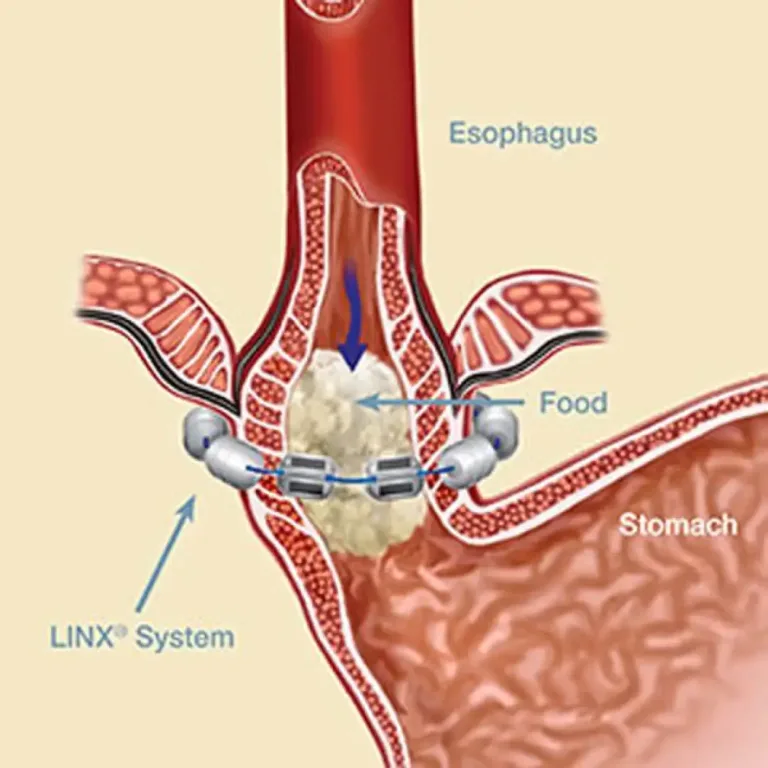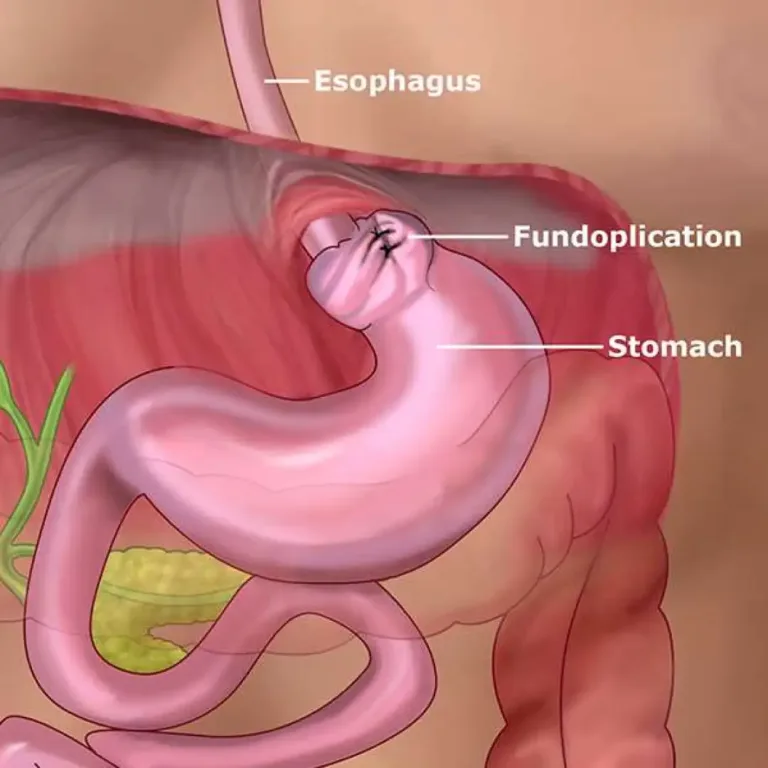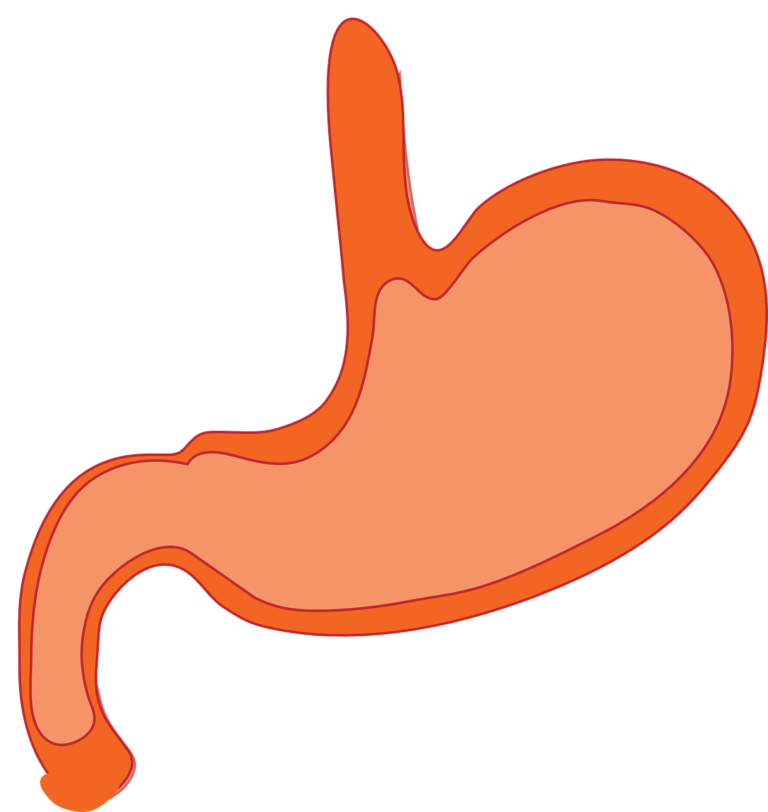In the intricate world of gastrointestinal health, Small Intestinal Bacterial Overgrowth (SIBO) and acid reflux are prevalent conditions that can significantly impact an individual’s quality of life. These issues, often misunderstood, are now gaining recognition for their potential connection and how they can exacerbate each other. In this article, we will explore the link between SIBO and acid reflux, the symptoms they share, and the strategies for managing this complex interplay.
Small Intestinal Bacterial Overgrowth (SIBO)
SIBO is a condition with an abnormal increase in the small intestine’s number and type of bacteria. These bacteria typically reside in the colon, but in SIBO, they migrate upwards and interfere with the normal digestive process. This can lead to various symptoms, including bloating, abdominal discomfort, and diarrhoea.
Acid Reflux
Acid reflux, also known as gastroesophageal reflux disease (GERD), is characterized by the backward flow of stomach acid into the oesophagus. This can result in many uncomfortable symptoms, including heartburn, regurgitation, and an irritating, persistent cough.
The Connection Between SIBO and Acid Reflux
Research suggests a significant connection between SIBO and acid reflux. Several mechanisms explain this connection:
- Motility Dysfunction: One of the primary causes of SIBO is impaired gut motility, which is the ability of the gut to move and clear bacteria effectively. When motility is compromised, it becomes easier for bacteria to migrate from the colon into the small intestine, leading to SIBO. The same motility issues can also weaken the lower oesophagal sphincter (LOS), allowing acid to flow into the oesophagus and trigger acid reflux.
- Bacterial Fermentation: In SIBO, bacteria ferment carbohydrates, leading to the production of gases. These gases can build up in the small intestine, causing distension and discomfort. Simultaneously, bacterial fermentation in the small intestine can increase intra-abdominal pressure, which may force stomach acid to flow back into the oesophagus, contributing to acid reflux.
- Medications: Many individuals with SIBO are prescribed medications like proton pump inhibitors (PPIs) to manage their symptoms. While these drugs can reduce stomach acid production and alleviate acid reflux, they may inadvertently exacerbate SIBO by allowing bacterial overgrowth due to reduced acidity in the stomach.
Symptoms Shared by SIBO and Acid Reflux
- Bloating: Both SIBO and acid reflux can lead to bloating, feeling fullness, and discomfort in the abdomen.
- Abdominal Pain: Individuals with SIBO and acid reflux may experience abdominal pain or discomfort, which can vary in intensity.
- Nausea: Nausea can be a common symptom in both conditions, often leading to unease.
- Regurgitation: Acid reflux can cause regurgitation of stomach contents into the oesophagus, while SIBO may lead to regurgitation due to bloating and gas.
Managing the SIBO-Acid Reflux Connection
Managing the interplay between SIBO and acid reflux can be complex, and a personalized approach is essential. Here are some strategies:
- Dietary Changes: Modify your diet to minimize fermentable carbohydrates and sugars. A low FODMAP diet, for example, can be helpful for both conditions.
- Medications: Prokinetic medications that enhance gut motility may help with SIBO and acid reflux. Your healthcare provider can recommend appropriate medications.
- Lifestyle Modifications: Elevating the head of your bed, eating smaller, more frequent meals, and avoiding trigger foods can alleviate acid reflux symptoms.
- Address Underlying Causes: Work with a healthcare professional to identify and address the underlying causes of SIBO and acid reflux, such as gut motility issues or anatomical abnormalities.
- Medication Review: If you are taking PPIs, discuss the long-term use with your healthcare provider and consider alternatives when appropriate.





